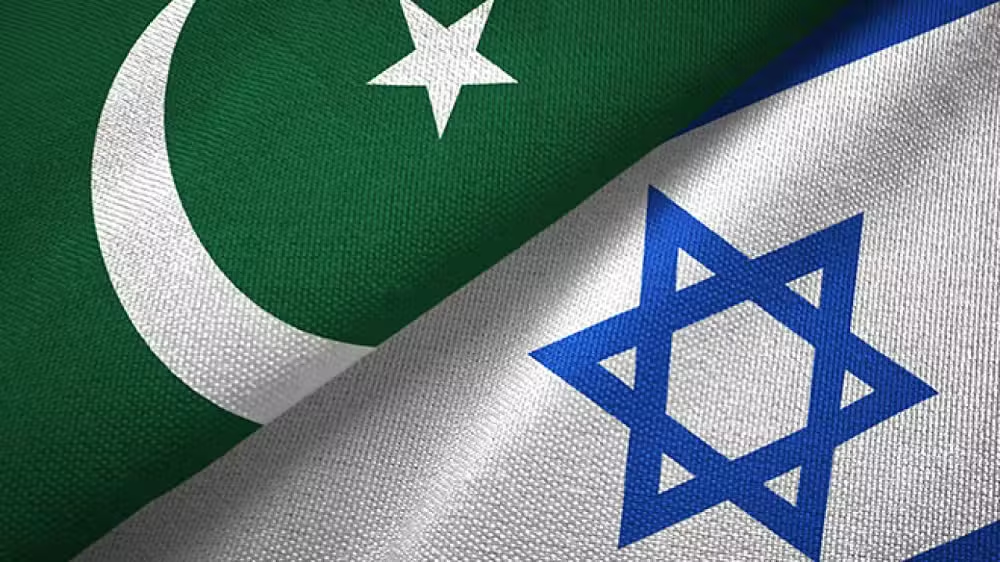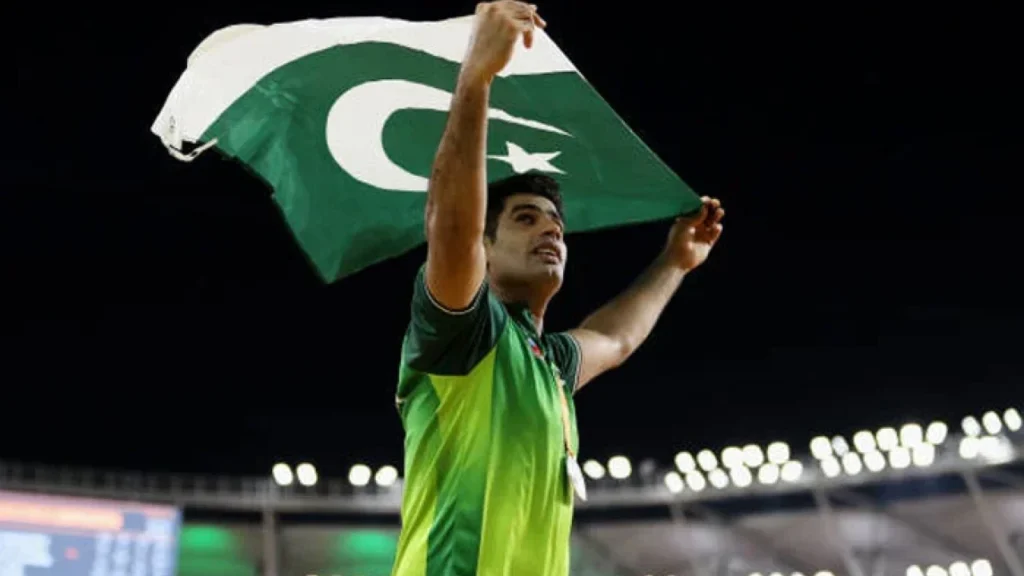Pakistan Urges End to Israeli Occupation Ahead of UN Two-State Solution Conference
As diplomats gathered in New York on Friday to prepare for a pivotal international conference scheduled for June, Pakistan emphasized that a just and lasting peace in the Middle East hinges on ending Israel’s decades-long occupation of Palestinian territories.
Speaking at the preparatory session, Pakistan’s Permanent Representative to the United Nations, Ambassador Asim Iftikhar Ahmad, underscored that “only by ending the occupation can we secure a just and lasting peace.” The session brought together UN member states to shape expectations and finalize plans for eight thematic roundtables that will guide the conference’s direction.
Ambassador Asim noted the urgency of the event in light of the deepening humanitarian catastrophe in Gaza, continued suffering of Palestinians, and the systematic erosion of the two-state solution due to illegal Israeli settlements and unilateral actions. “This Conference is both timely and essential,” he said.
The upcoming conference, set for June 17–20 at the UN headquarters, is being co-chaired by Saudi Arabia and France following a UN General Assembly resolution passed last December. It aims to reinvigorate international support for a viable two-state solution to the Israel-Palestine conflict.
READ MORE:
Pakistan Association Dubai Sets Guinness Record with World’s Largest Handprinted UAE Flag
UN General Assembly President Philemon Yang called the event a crucial opportunity to finally move toward resolution. “The horrors we have witnessed in Gaza for over nineteen months should spur us to urgent action,” he said. “This conflict cannot be resolved through permanent war, nor through endless occupation.”
Representatives from France and Saudi Arabia echoed the call for tangible progress, with French presidential advisor Anne-Claire Legendre stating, “We must urgently move from words to deeds.” She stressed the importance of irreversible steps toward the realization of a Palestinian state.
Saudi negotiator Manal bint Hassan Radwan described the moment as “historic” and called for a roadmap that delivers lasting peace and dignity. She warned of rising despair and escalations in the West Bank and emphasized the need for a political plan rooted in justice and security for all.
Ambassador Asim reaffirmed Pakistan’s unwavering support for a comprehensive resolution to the Palestinian issue, grounded in international law and UN resolutions. He reiterated Pakistan’s backing for a two-state solution based on pre-1967 borders with East Jerusalem (Al-Quds Al-Sharif) as the capital of an independent Palestinian state.
He called for the immediate restoration of a ceasefire in Gaza, lifting of the blockade, unimpeded humanitarian access through agencies like UNRWA, and protection of civilians. He warned against forced displacement, annexation, and militarized aid mechanisms.
To preserve the viability of a Palestinian state, Ambassador Asim proposed key actions:
-
Establishing a mechanism to monitor and enforce UN Security Council resolutions, particularly those declaring settlements illegal and supporting Palestine’s bid for full UN membership;
-
Operationalizing the Gaza Reconstruction Plan, including projects like a Gaza–West Bank transit corridor, seaport reconstruction, and industrial zones.
“Pakistan stands ready to support this Conference and contribute to a credible political horizon for a two-state solution — one that upholds Palestinian rights, ends occupation, and delivers durable peace,” Ambassador Asim concluded.




